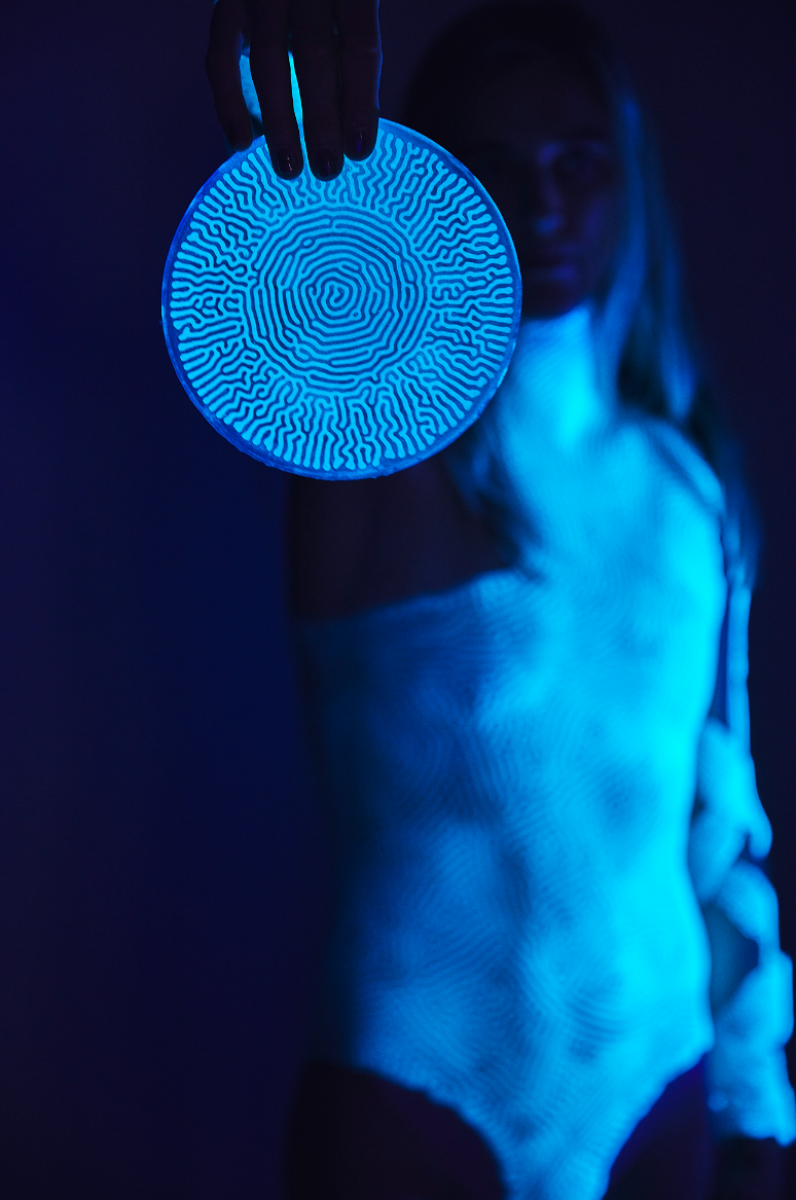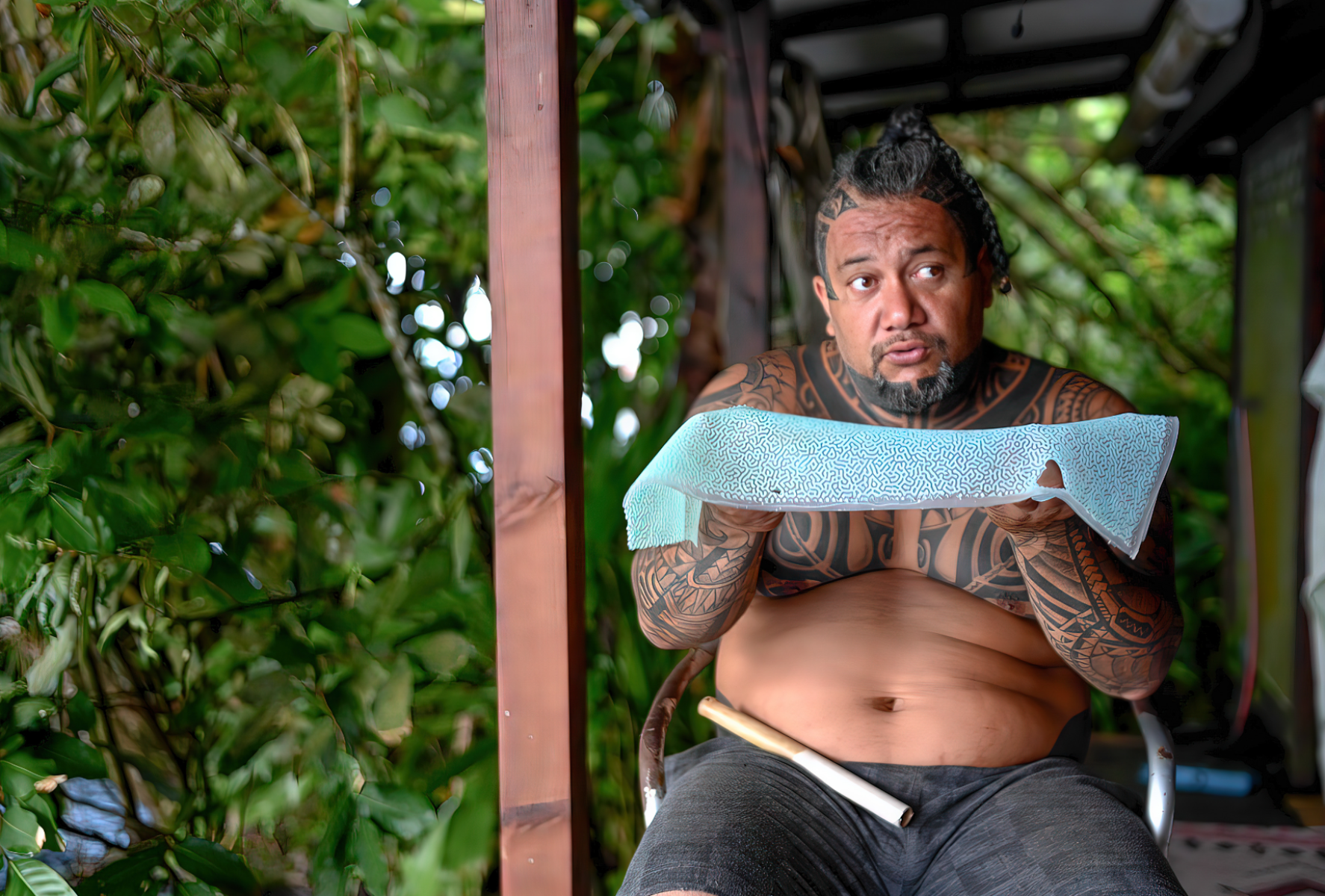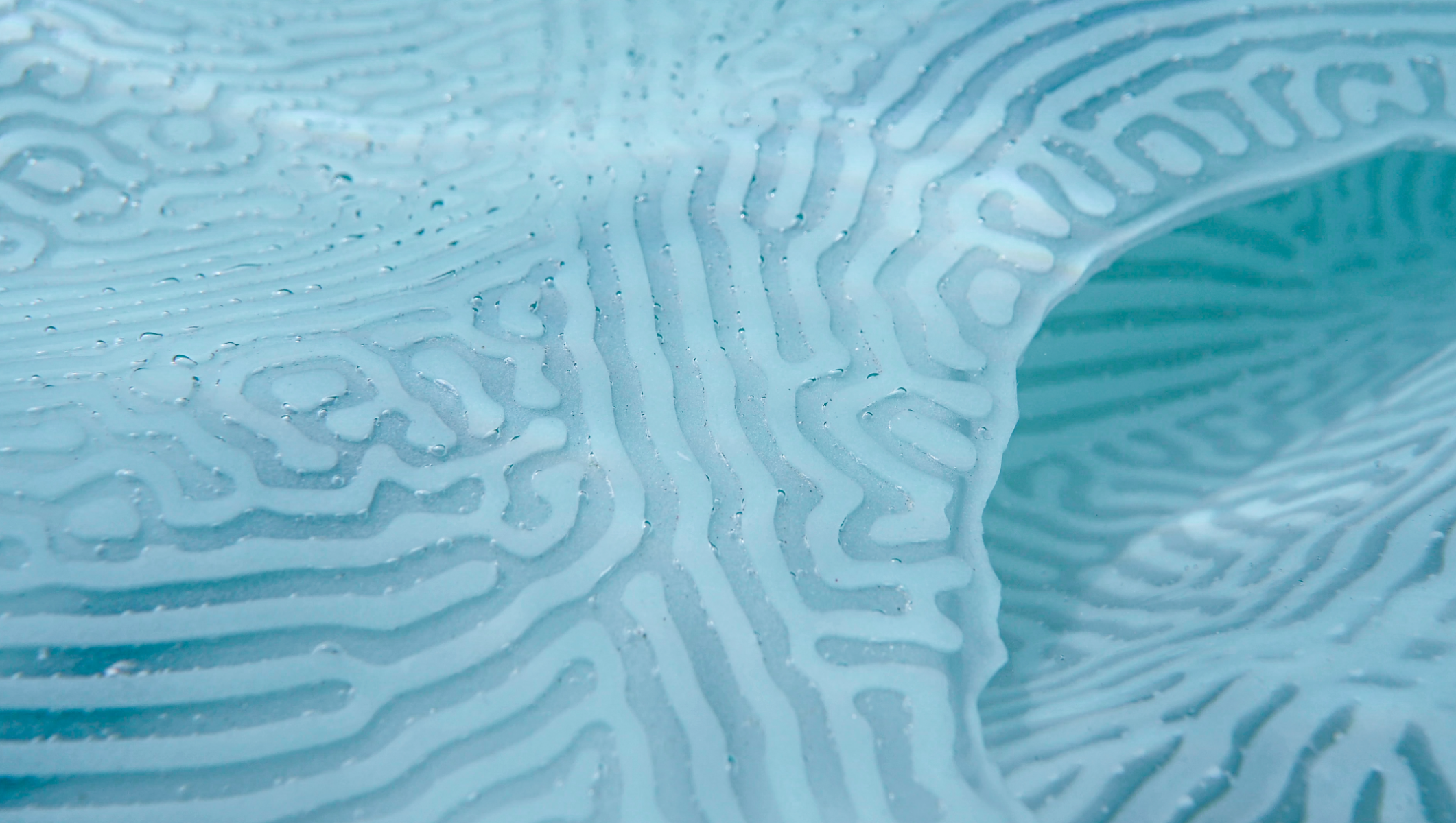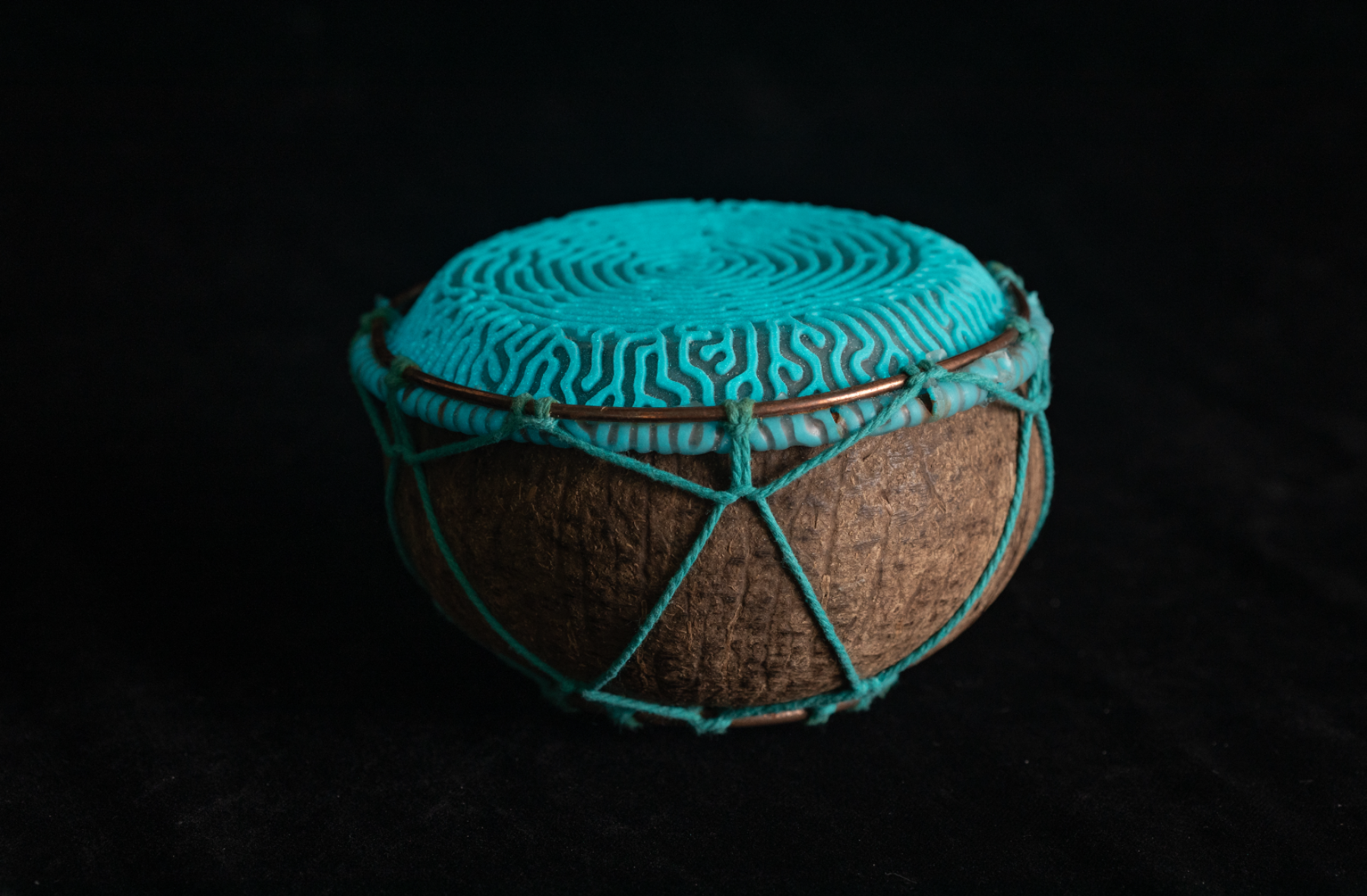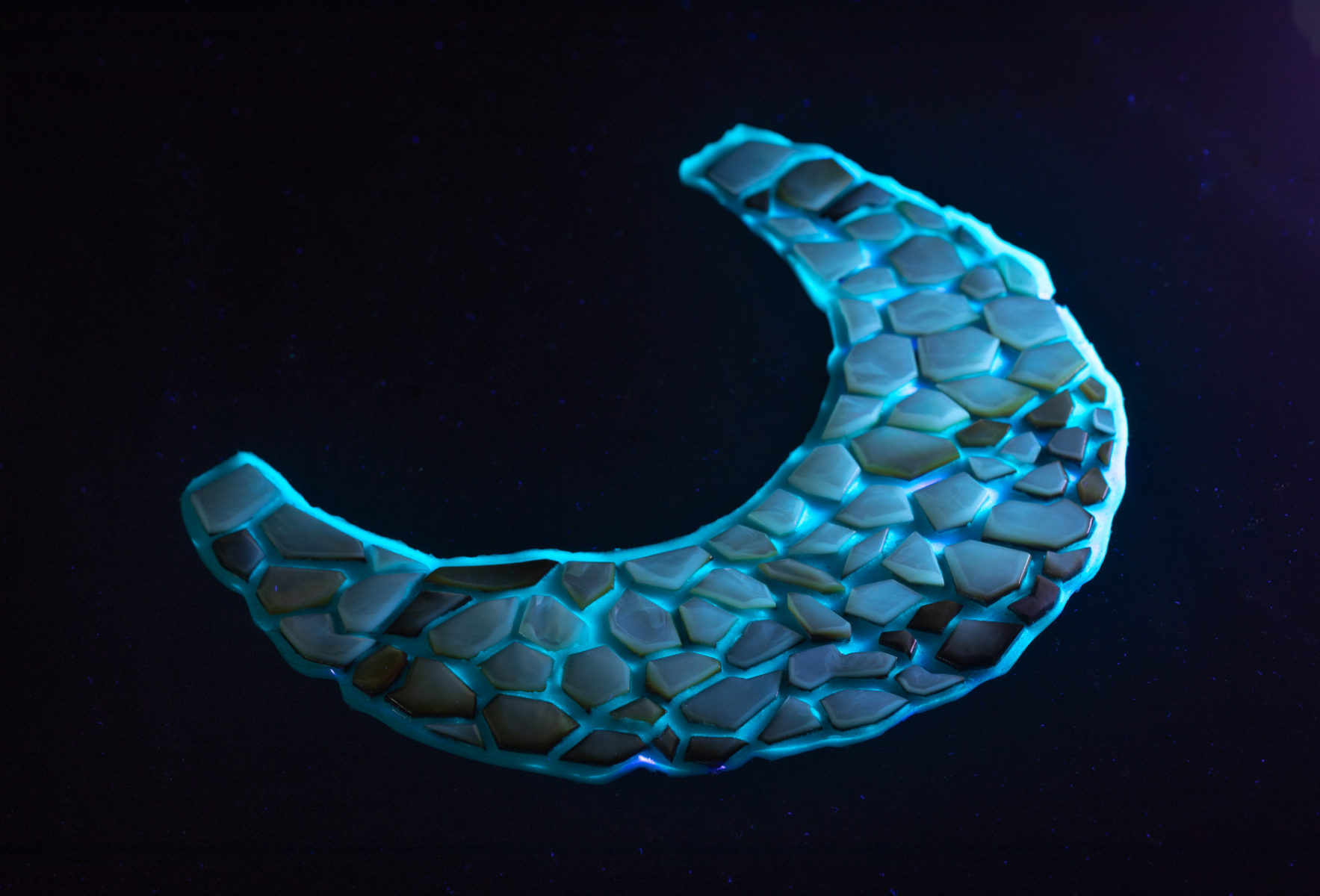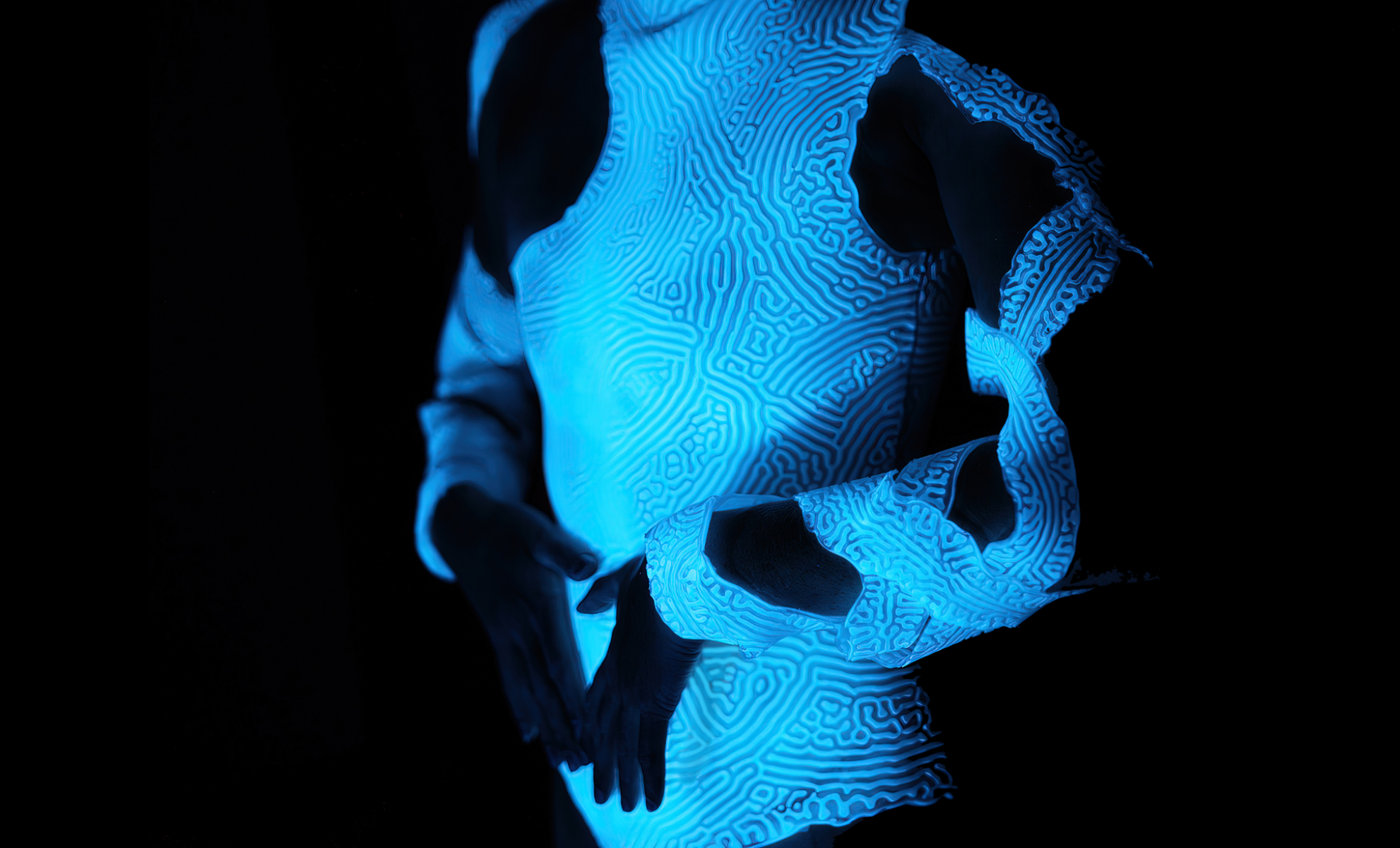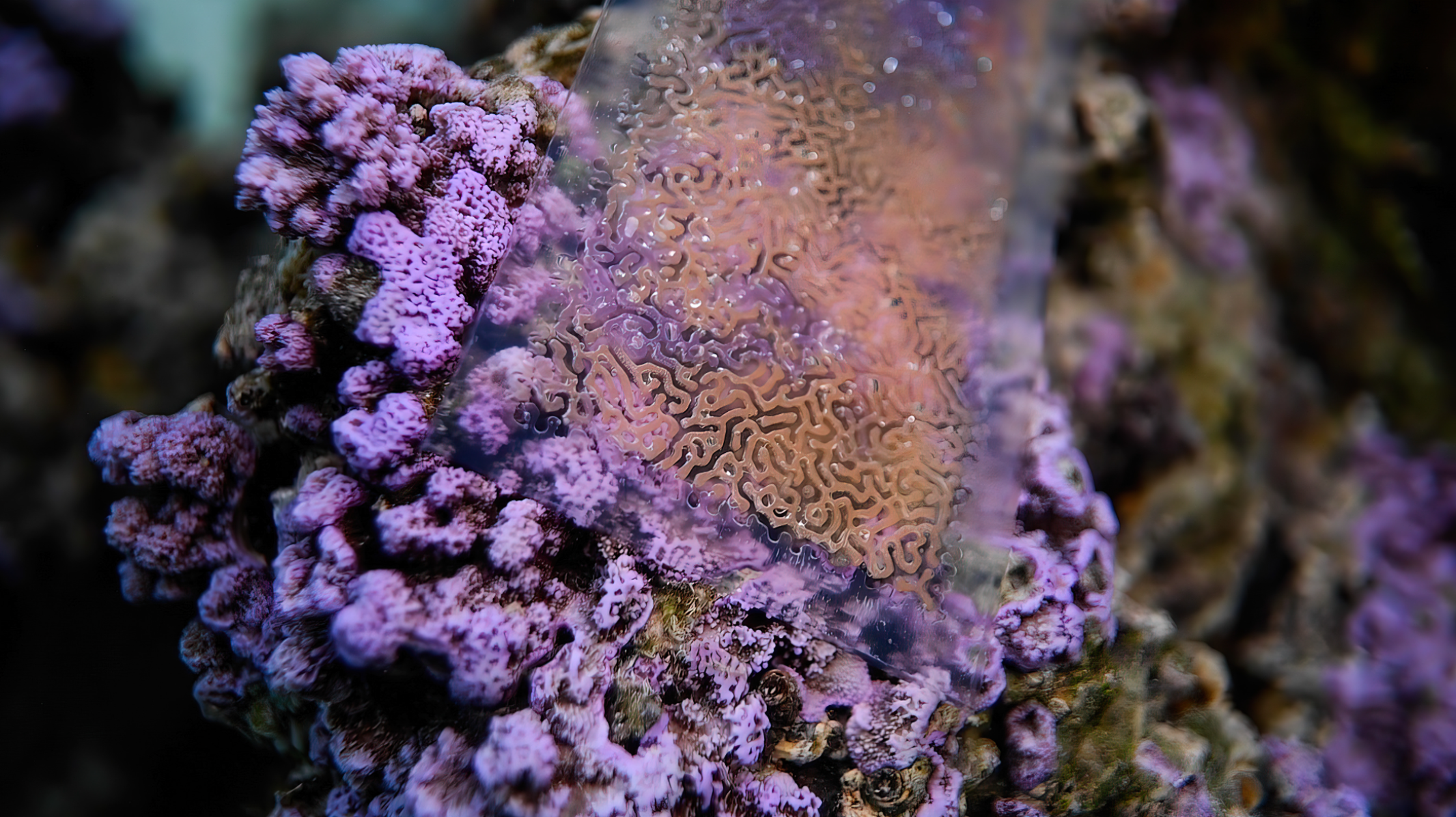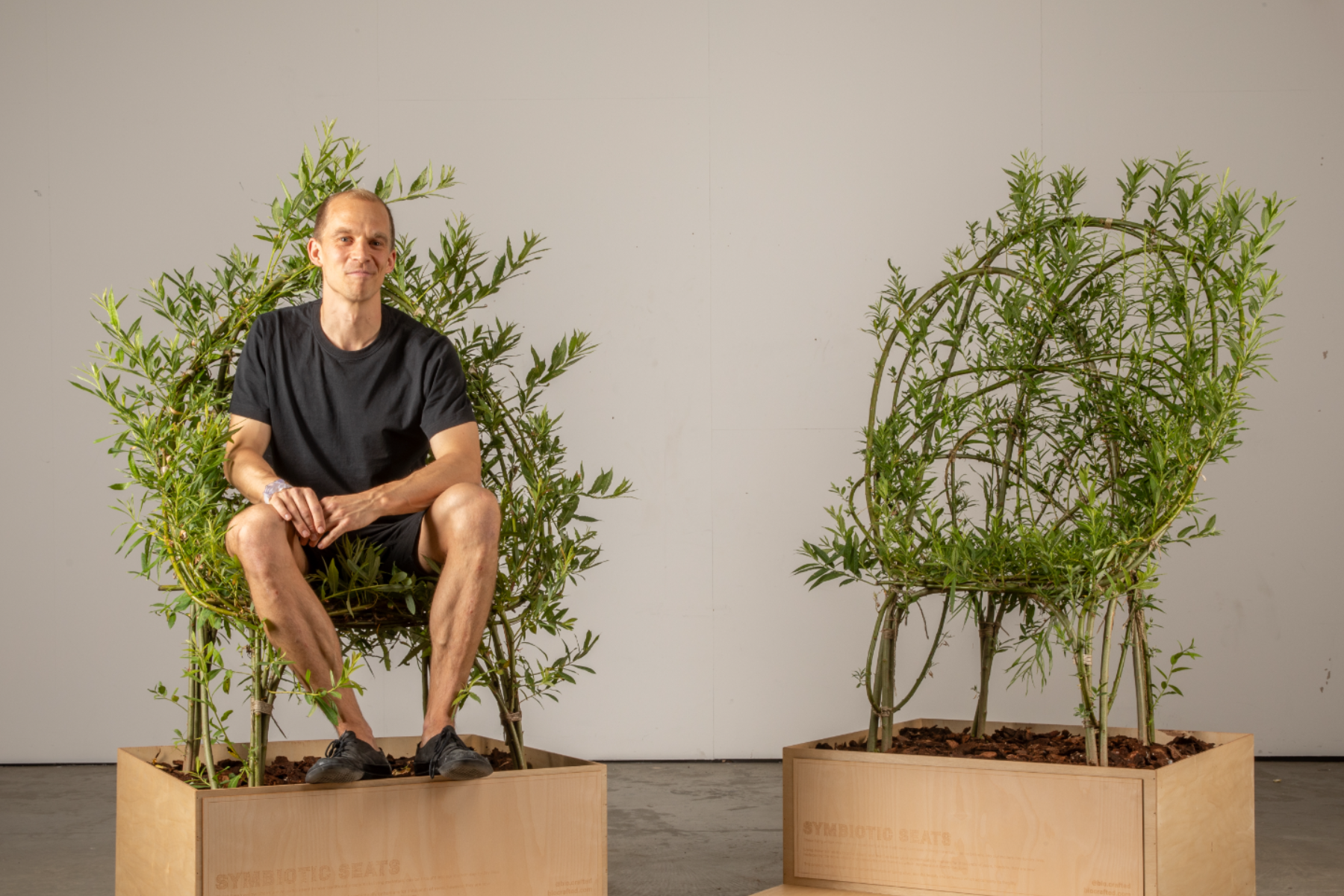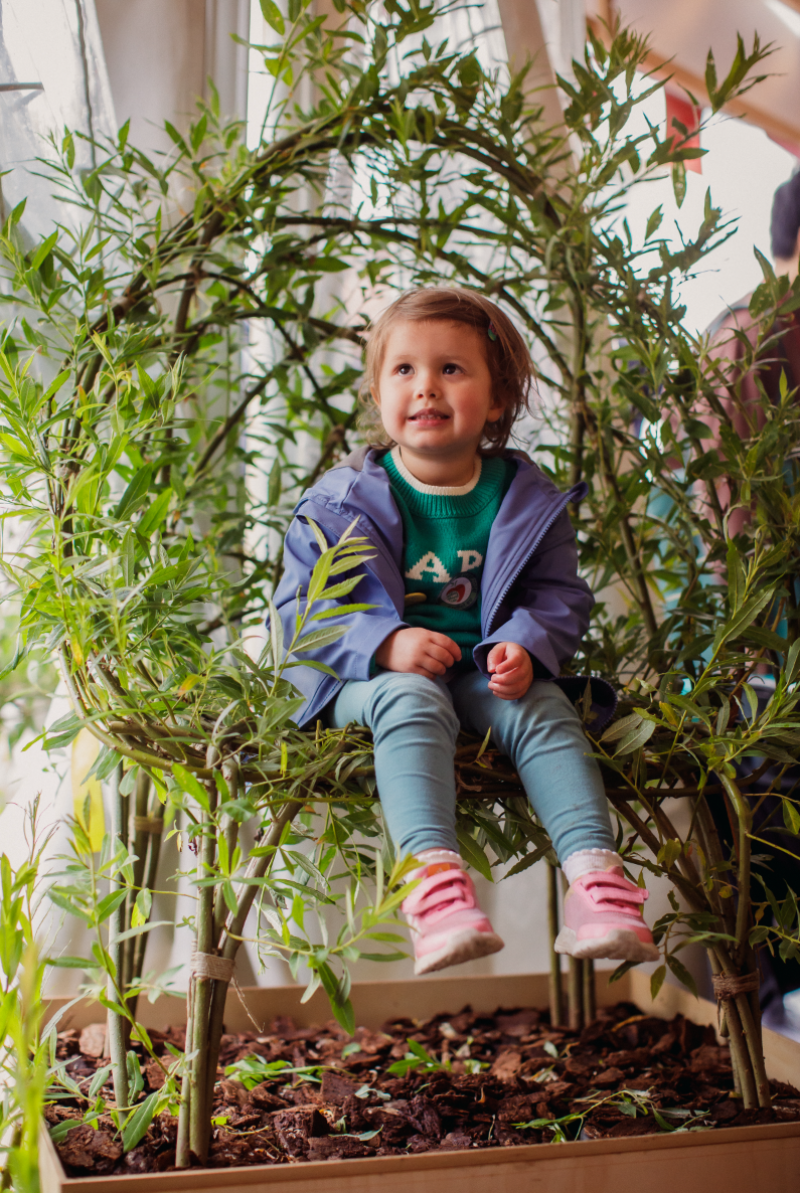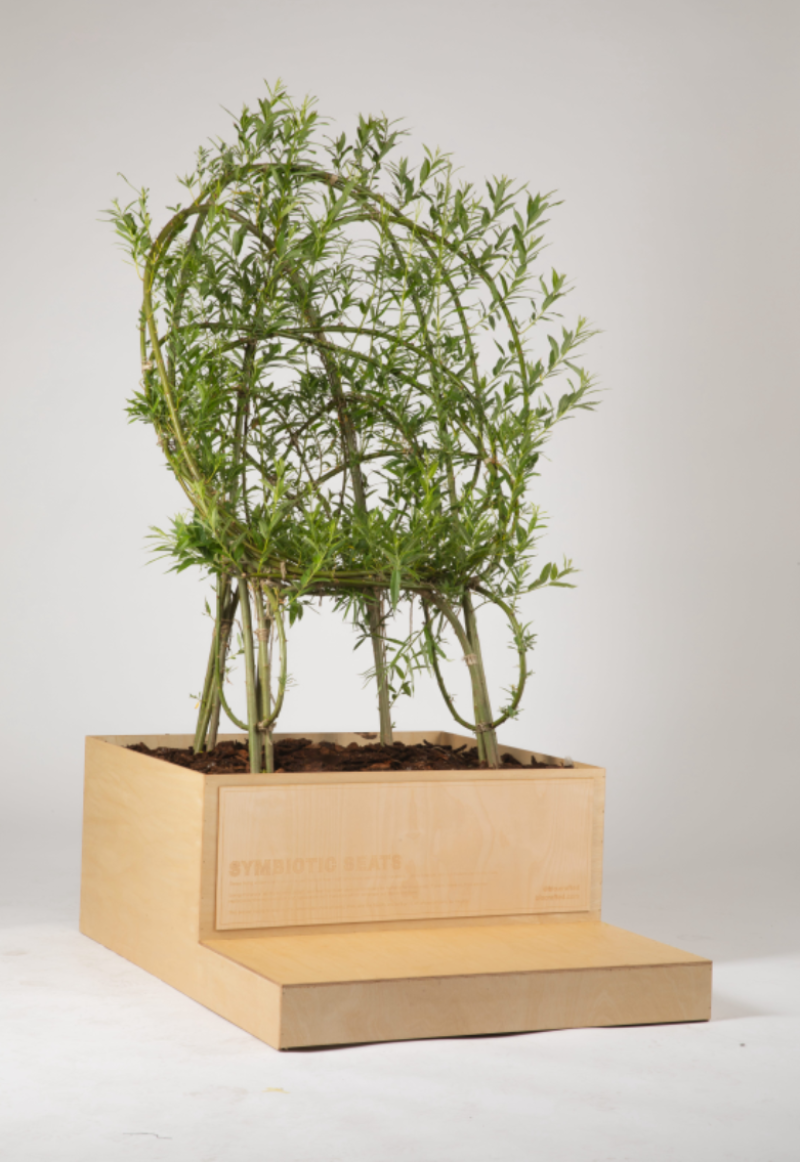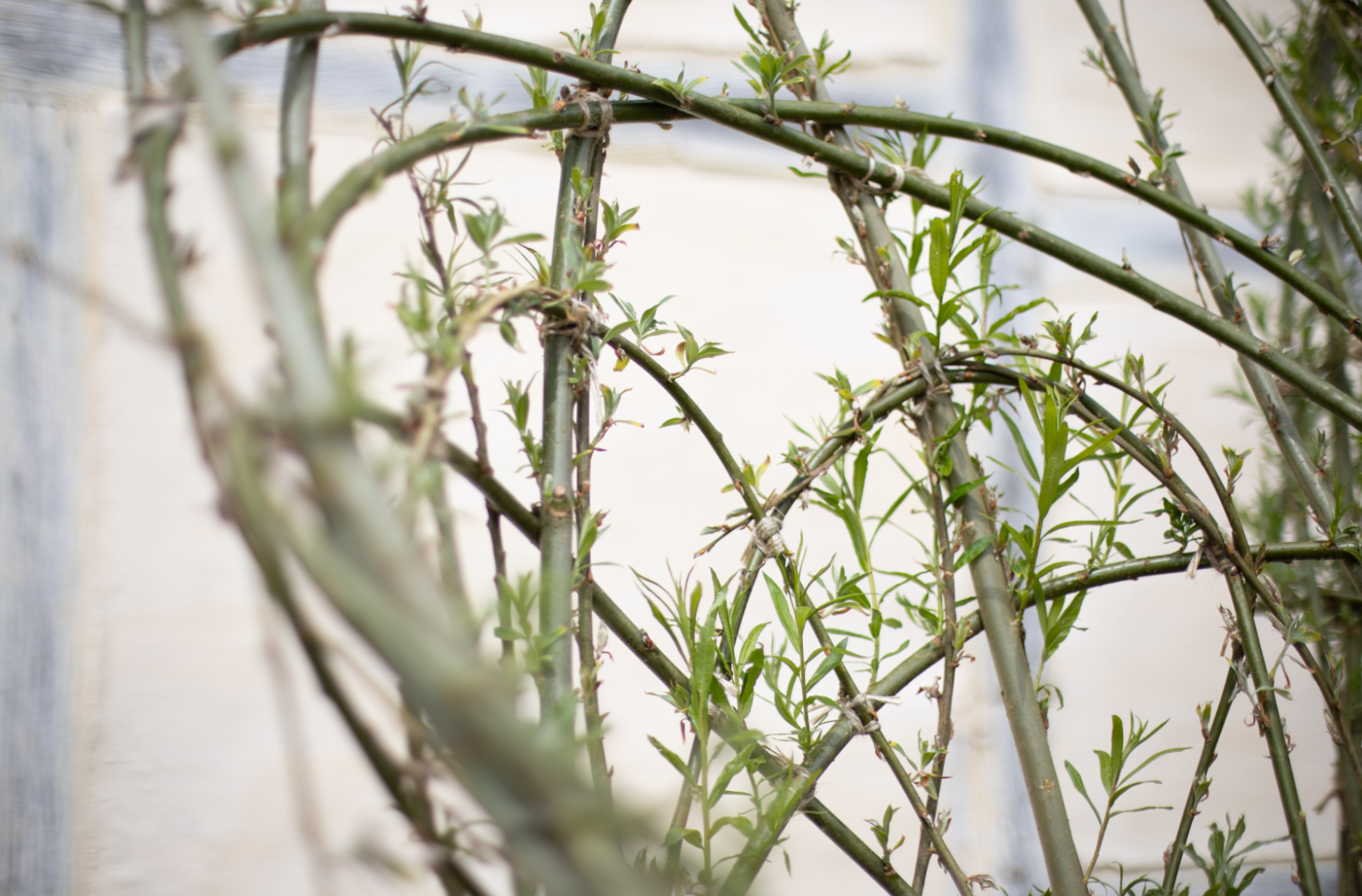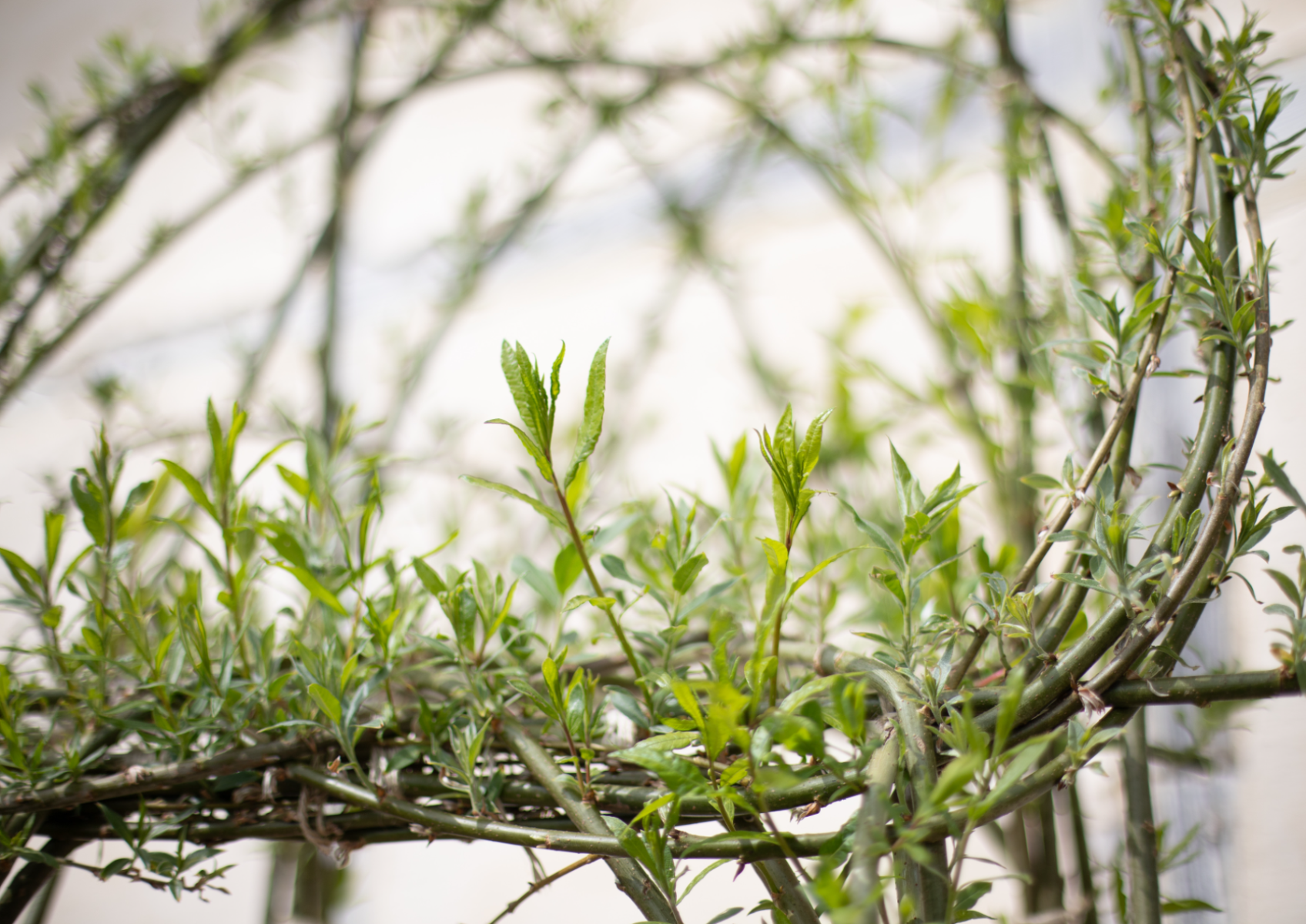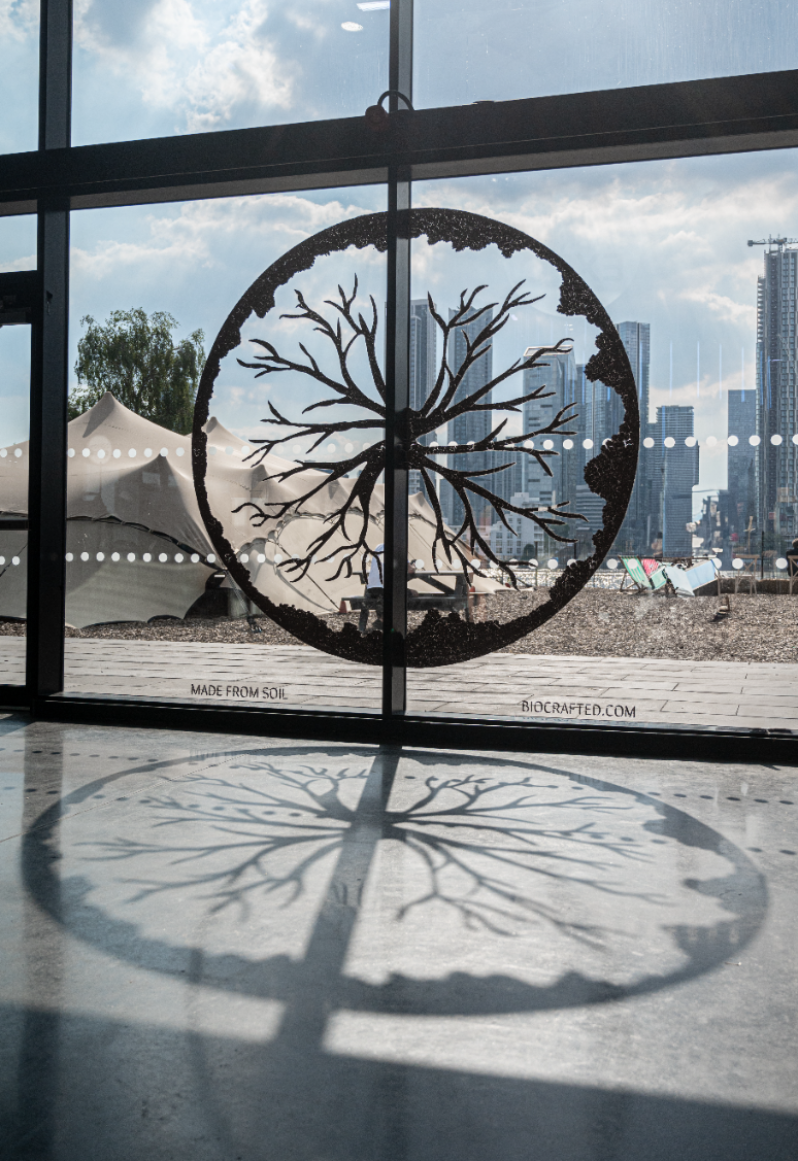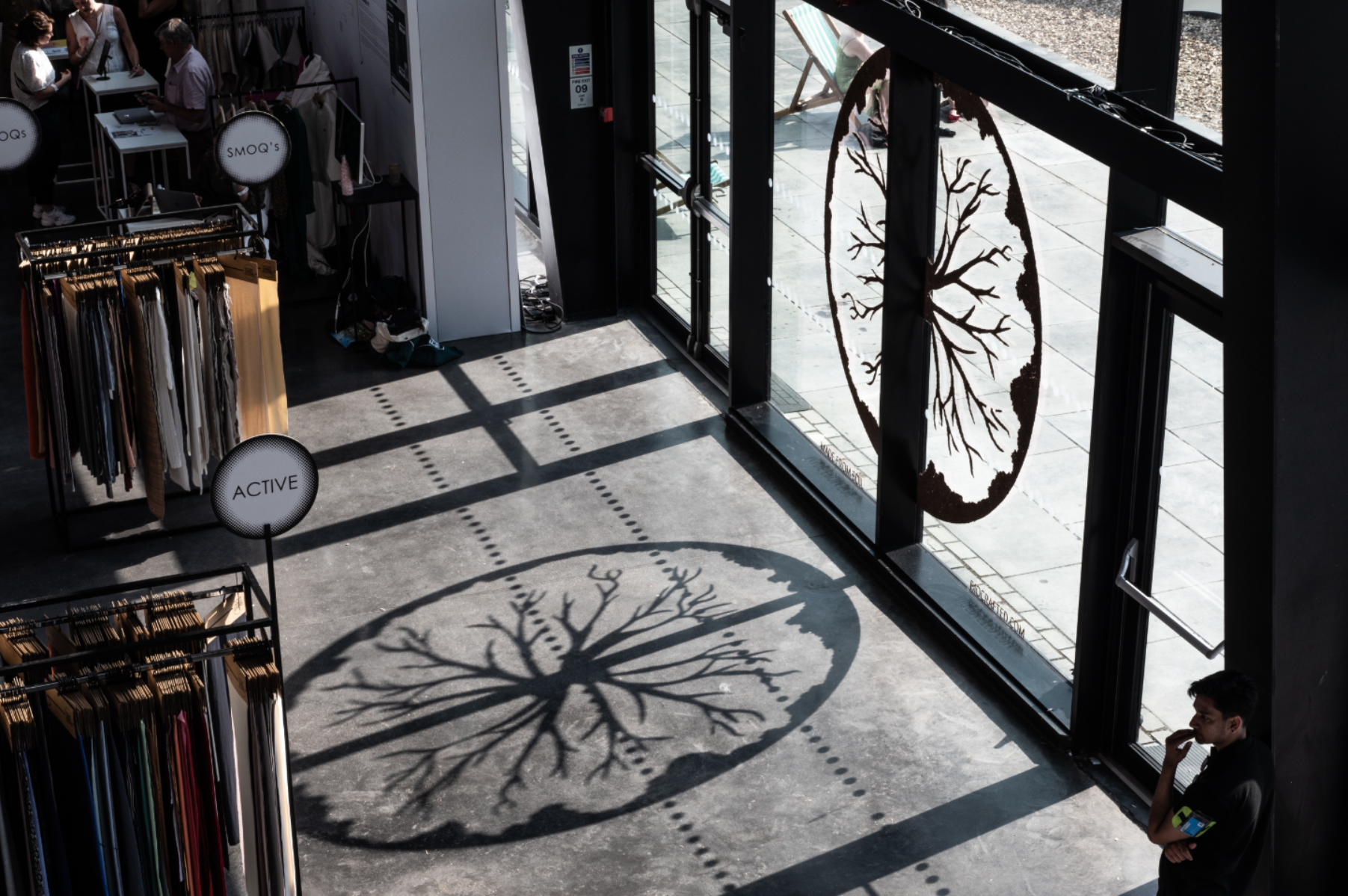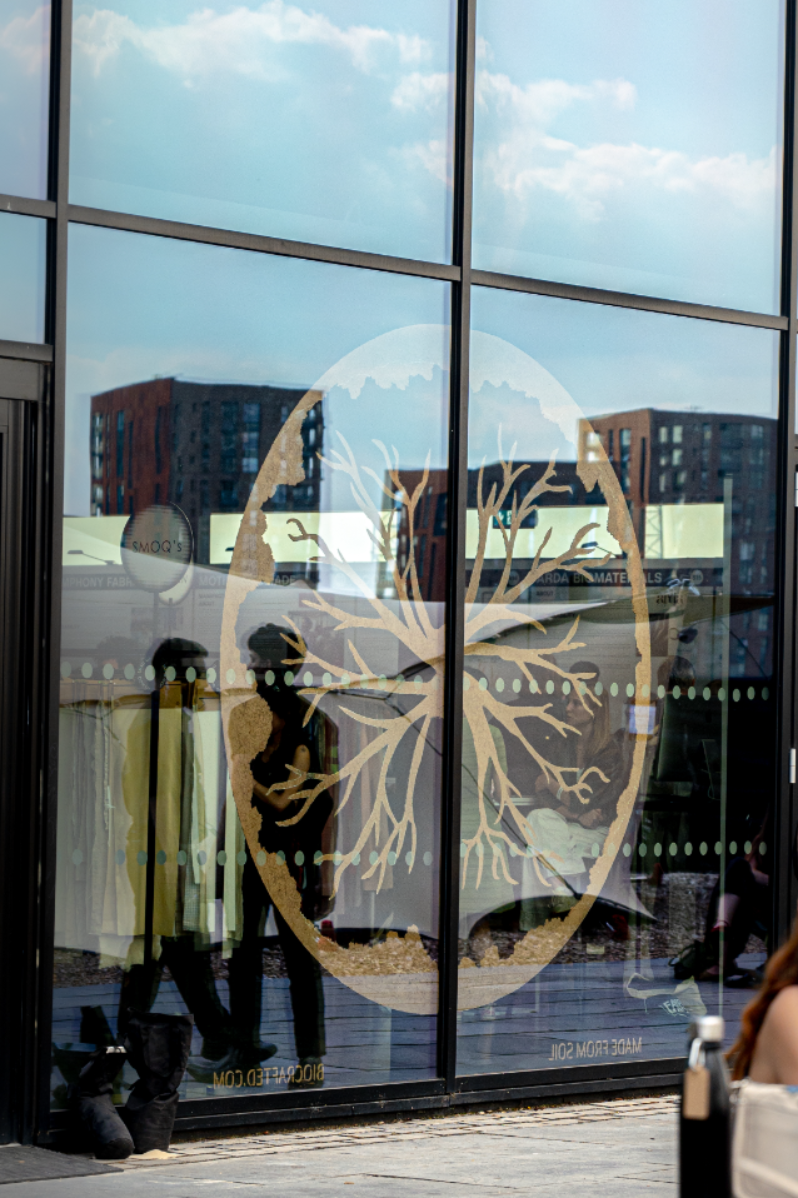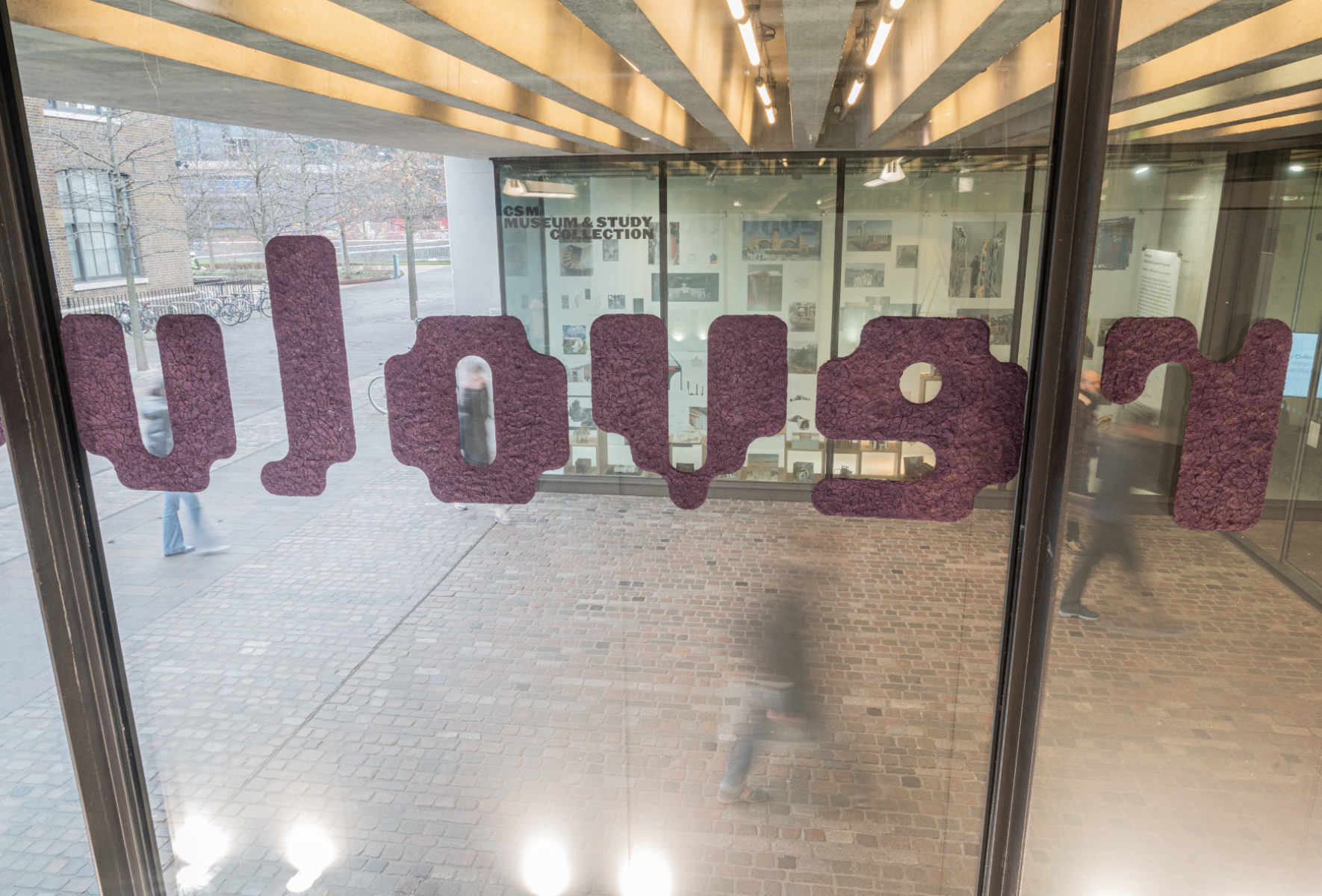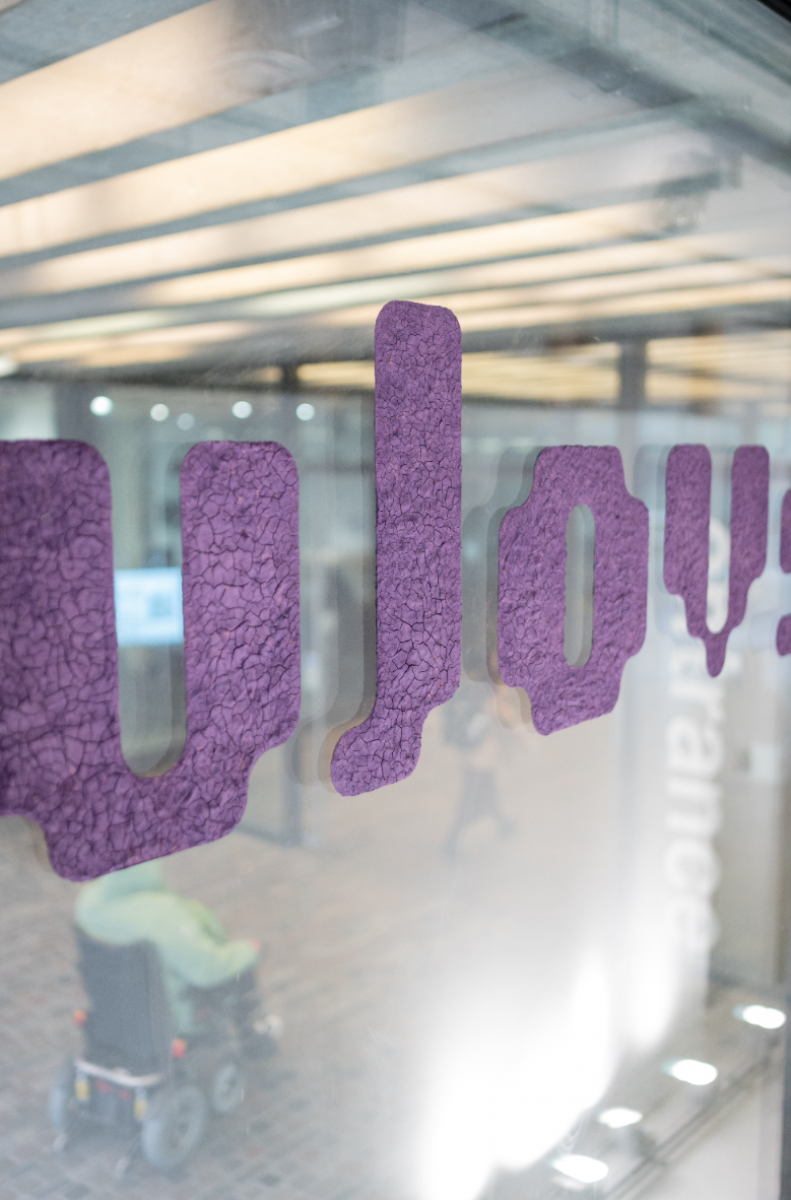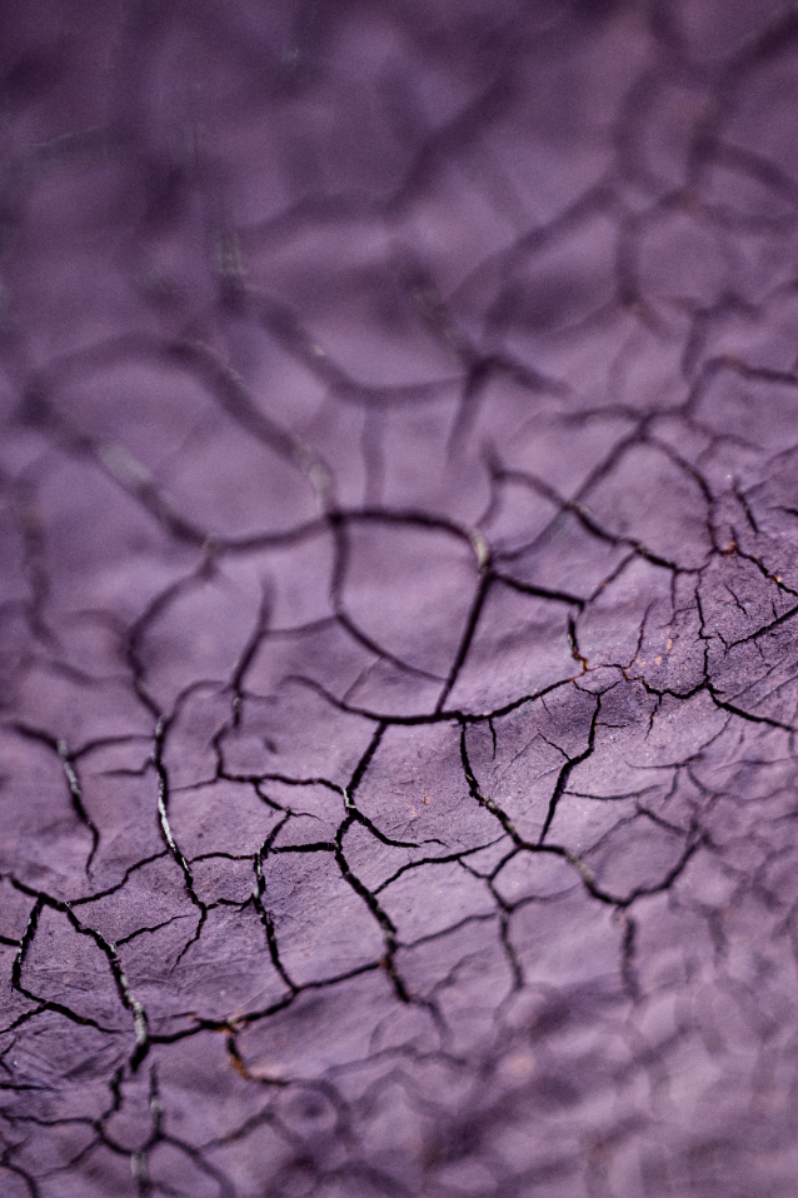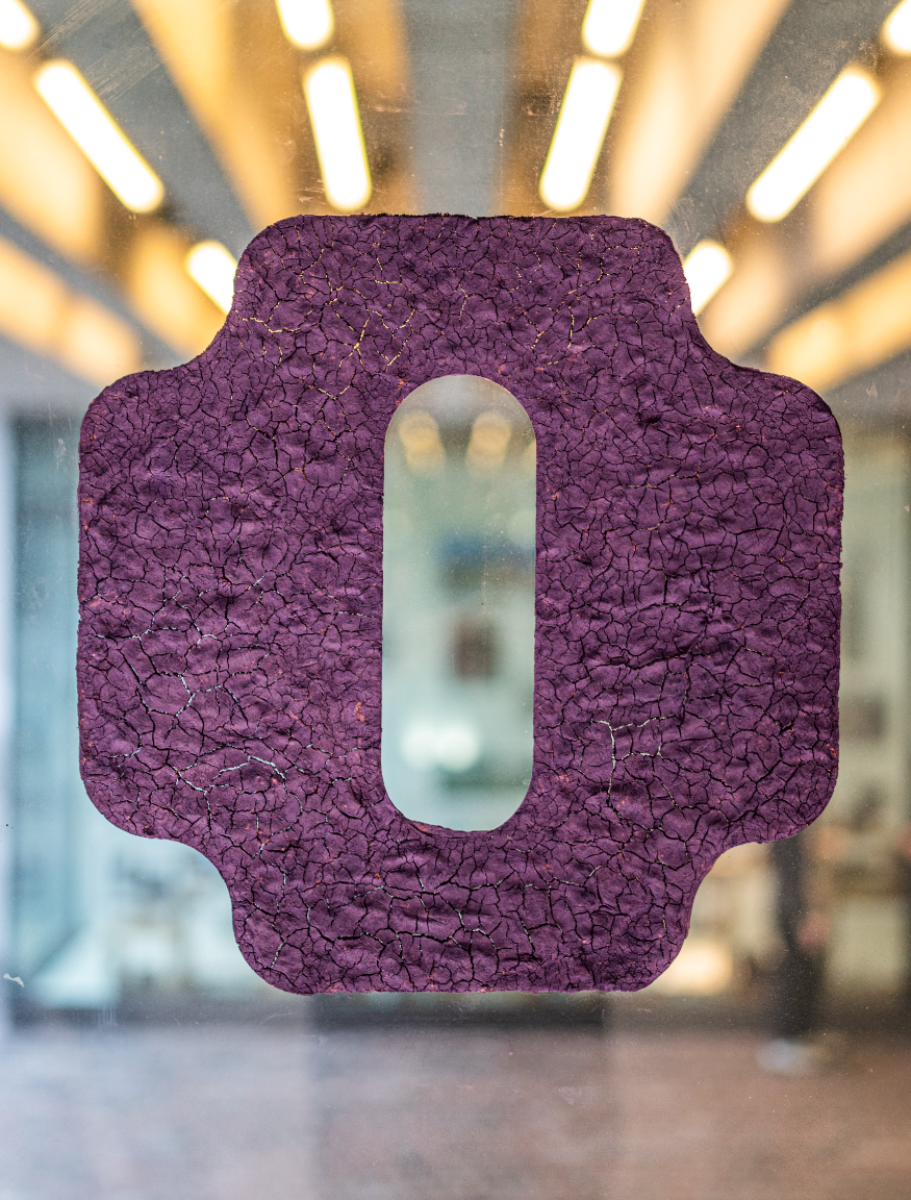Christopher Bellamy
MA Biodesign
Central Saint Martins UAL
Specialisms: Sustainable Design / Design Research / Material Innovation
Location: London, United Kingdom
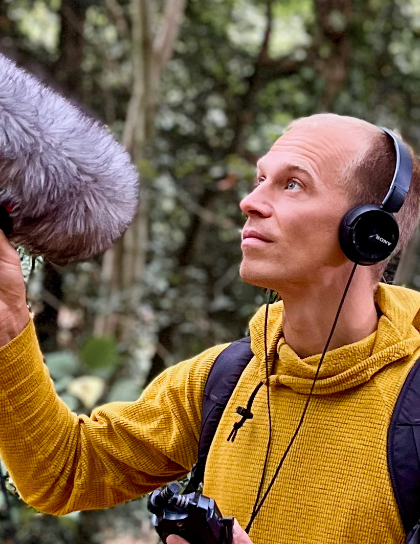

Christopher Bellamy

First Name: Christopher
Last Name: Bellamy
Specialisms: Sustainable Design / Design Research / Material Innovation
Sectors:
My Location: London, United Kingdom
University / College: Central Saint Martins UAL
Course / Program Title: MA Biodesign
About
After realising the incremental improvements to plastics and metals would never be sufficient to meet climate targets, Chris has changed his career to work with living things, as he believes nature does it better.Chris has just finished his Masters in Biodesign at Central Saint Martins, University of the Arts, London.
His research was focussed on how living materials could be used in our everyday lives, by co-evolving traditional knowledge with the latest scientific research.
Inspired by corals’ symbiotic relationship with microorganisms, a contemporary living material was developed that encapsulates bioluminescent micro-algae. The material lives for at least 6 months, emitting light in response to touch, and needing only sunlight in return. In collaboration with Polynesian artisans, traditional knowledge and science came together to co-create a series of artifacts which demonstrate how living materials can reconnect us to nature through intercultural and interspecies collaboration, and how biotechnology can move beyond the laboratory. A drum, a swimsuit, and a necklace were made; combining local materials and practices, with the living bioluminescent material. Like Polynesian traditional knowledge, which exists only in living memory, there is a risk that it may die. However this fragility allows it to adapt, react, and interact – which is what makes this temporal state of livingness so beautiful.
Competitions
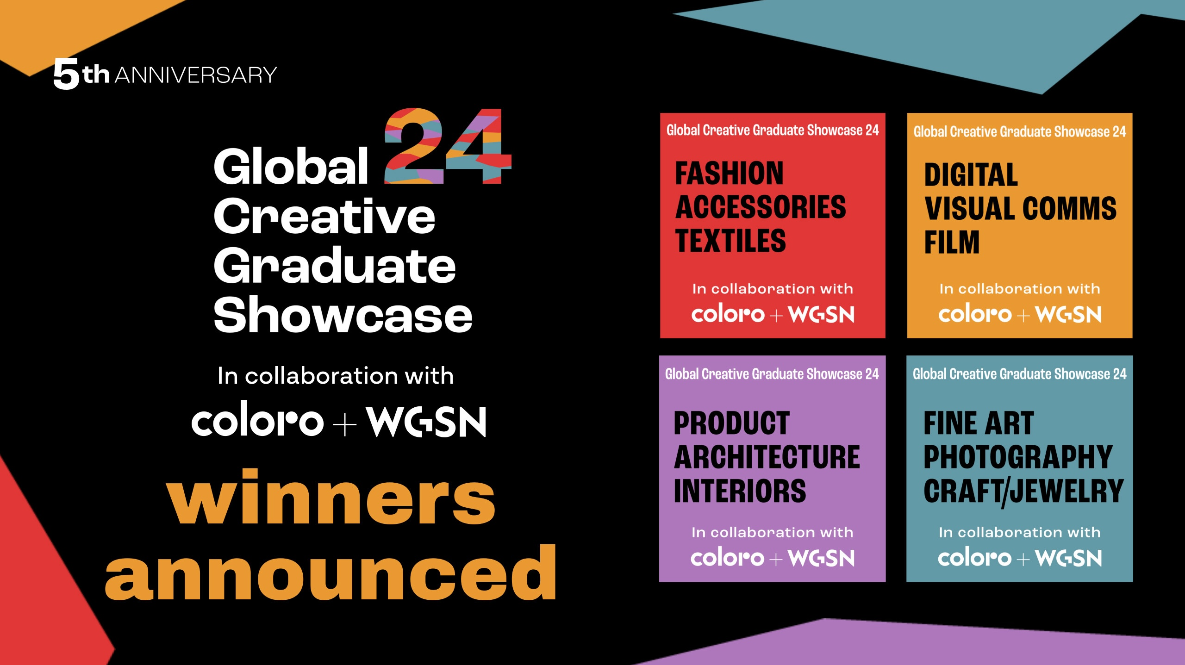
Global Creative Graduate Showcase 2024
“Symbiotic Seats” is an exploration into how we can bring more livingness into our day to day lives, as part of a series of experiments into living materials. Living materials have been used by humans for thousands of years, from elegant root bridges in Asia, to the humble hedgerow in Europe. As we shroud ourselves in conrete, class, metal, and plastic, we isolate ourselves from the very thing we wish to preserve - life. Living things have the ability to adapt, react, and repair, but are also incredibly fragile. However, it is this fragility which makes them so resiliant. As leaves are damaged, and branches bent during use, the chairs slowly adapt their form in response. These “Symbiotic Seats” challenge the user to explore their relationship with nature, making them decide if they should if they should be sat in like a chair, or left untouched like an ornamental garden. This project was completed with experts in the British traditional knowledge of living willow sculpture. This project has callenged previously perceived limitations, to create useable, transportable, and highly elegant living furniture. The chairs have been used to raise awareness of biodesign among younger generations as interactive exhibits at pretigious events and venues including the Great Exhibition Road Festival. The project is an ongoing experiment to see how the seats respond and adapt to their human interactions, they have most recently been installed in the children's garden in Kew Gardens, to see how we interact and behave with them as they grow and evolve over time.
Competitions

Global Creative Graduate Showcase 2024
Soil signs were developed as an alternative for vinyl window displays. PVC, the material currently used for graphics, is unrecyclable, and has a toxic production process. This new process applies local soils to windows, to create temporary and permanent installations on windows. The material is very durable, and can withstand extended use, and a variety of climatic conditions. The soil can be re-used, and leaves no damage to the windows. Upon drying the material has a beautiful texture and aesthetic. Its colour can be adapted using natural dyes to meet specific window displays needs. The process has been refined, with installations increasing in size and technical difficulty with each installation. To date it has been installed at 9 different locations for a variety of clients. There are a variety of target markets, which includes retail windows, or temporary installations for events. In the future, further innovation is required to improve the installation speed, which is currently done by hand. If this can be improved, the process can be cost competitive with conventional vinyl window displays. The latest design installed in East London, Rooted in Soil, has been created overlooking Canary Wharf, London's financial heart, to provoke viewers to consider the role soil has played in the success of our society.
Competitions

